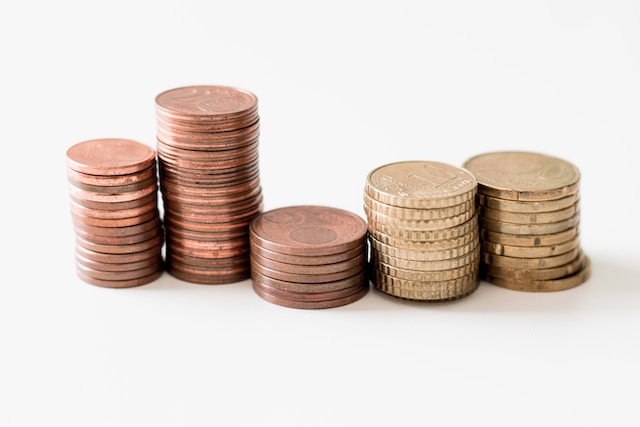How to Make Good Financial Decision Through Effective Budgetary Planning
In Addition, our expenditures and finances often tend to rise once there is enough money at hand. That makes a lot of people question themselves.
Every aspect of financial mismanagement emanates from poor decision-making. Without good financial planning, no one can attain a budgetary goal. This poor financial decision-making has not only affected single individuals but cooperate bodies, organizations, and governments.
Importance of Good Financial Decision Making
- It minimizes the misappropriation of funds: When there is no financial education to provide a clue on good financial decisions, one is bound to spend unnecessarily and possibly misuse the available resources.
- It is one of the major keynotes of financial management. Good financial management involves making the best decisions.
- It enhances proper budgeting: You cannot create a good budget without properly deciding what should appear in your budget.
- It creates a path for financial security: By controlling what you spend on, you are securing your finances.
These are ways to make good financial decision through effective budgetary planning

1. Have Plans and Visions on Ground:
To make good financial decisions, it is important to have plans on the ground before money arrives.What are your dreams and goals and how do you plan to achieve them if you have an unexpected stream of income today? What would you do with a billion dollars if you have access to such an amount of money?
Asking yourself these and related questions will help you prepare your mind for any financial luck that comes your way. With good visions and planning, incoming money would be properly appropriated to a desired objective.
2. Stick to Your Budget no Matter How
What budget does is define your estimated spending and offer you a crew on your financial planning.You may not always have enough money to offer all your financial solutions so by creating a budget, you already know what you have, how much you want to spend, and how much is left in your savings. Nonetheless, there is no point in creating a budget without sticking to it. It is even better not to create a budget at all than to create one that is not applicable.
Once you exhaust your set budget, you have to avoid any other spending or create a complementary budget. This will help you to decide whether what you are creating a budget for is worth it. By implication, your budget should resonate with your prior planning which correlates to your ultimate goals.
3. Cutoff Some of Your Financial Responsibilities
Too many responsibilities can interfere with your budget and change your plan. Ensure that every responsibility you have either at home, family, or business-wise is included in your budget. Anything else that comes should be attended to or shifted to the next fiscal period.besides, it is a well-known fact that most of the responsibilities you have when you have money would not be that urgent if there was no money to settle them. In essence, there is literally nothing that cannot wait until your plan about them except rare emergencies.
4. Make Proper Calculations:
Before creating a budget, ensure that you do proper calculations. Do the things you include in your spending really your priorities? Extravagance is a known financial term but "being extravagant" is not a positive phrase when it comes to financial management.Ensure that your total budget corresponds to your capital to avoid deficit expenditure. There are many tools out there that can help you plan your financial budget effectively without errors in calculations.
5. Review Your Poor Financial Habits:
Certain habits can also interfere with your financial decisions and make you spend on things that do not matter. You can cut some habits that consume your money such as living a luxurious life that is above your gross income.Drug abuse and lifestyle addictions are also factors to cope with good financial planning. You can minimize how many times you go to expensive clubs or buy overpriced drinks and other products.
When you can contain your habits, there will be fewer external influences on your spending habits thereby enabling you to decide properly.
Conclusion: Good financial decisions can be possible through effective budgetary management and planning. When you plan and create a good budget, you are likely not going to miss out on important aspects of your financial life.







